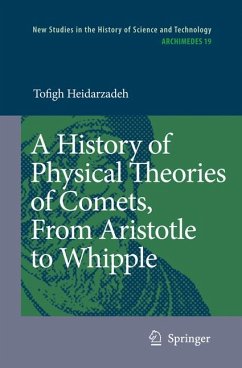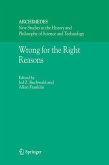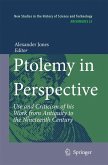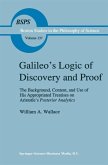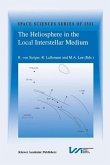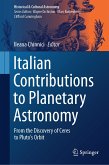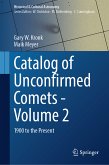Ideas about the astrological aspects of comets are not considered in this study. Also, topics concerning the motion of comets are explained to the extent that is helpful in illustrating their physical properties. Although the present study is mainly focused on the physical theories of comets, its results will be relevant to studies in the history of geology, planetary science, and astrology. On the other hand, those results may initiate new studies about educational practices for physics and astronomy in post-Newtonian Europe, the ways that different parts of Newton's physical, astronomical and cosmological ideas evolved after him. Also, the debates about the constitution and chemical properties of comets in the post-Laplacian era may trigger new researches about possible influence of cometary studies on the foundation of astrophysics.
Dieser Download kann aus rechtlichen Gründen nur mit Rechnungsadresse in A, B, BG, CY, CZ, D, DK, EW, E, FIN, F, GR, HR, H, IRL, I, LT, L, LR, M, NL, PL, P, R, S, SLO, SK ausgeliefert werden.

